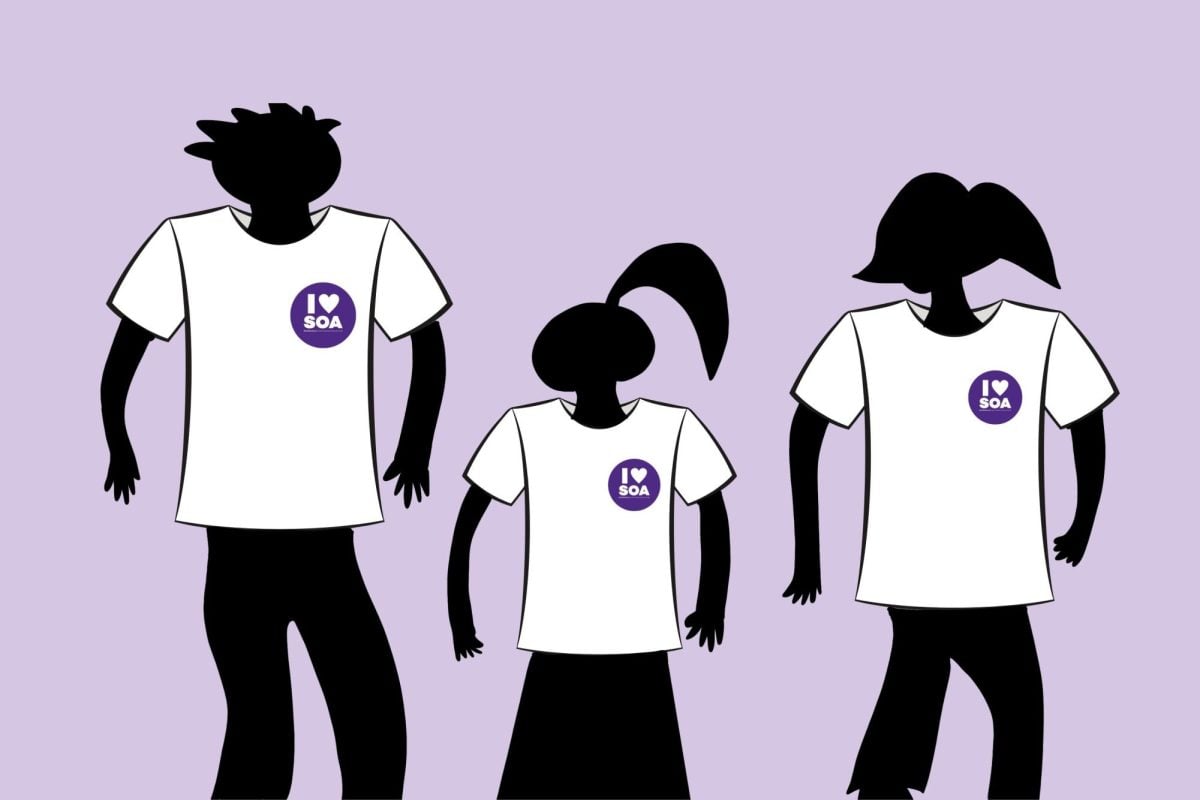Members of Students for Sensible Drug Policy want to be taken seriously. To refute their self-described label as “a group of stoners,” they kicked off Drug Week on Sunday night by rallying students to help paint The Rock.
Co-president Frances Fu revived the Northwestern chapter of SSDP, an international student-run organization dedicated to grassroots education on drug policies and ending drug wars, during Fall Quarter after the former chapter closed in 2009. That year, it had hosted its first, and then thought to be the last, Drug Week on campus, Fu said.
On Monday night, the group threw a “Hemp Smoothie Social,” educating students on the various uses of the cannabis plant, the flowers of which are marijuana. About 50 students gathered to drink hemp milk smoothies and watch “C is for Cannabis,” a film by hempologist John Dvorak. To further emphasize how legalizing the plant would provide potential benefits, such as the production of paper and beauty products, Ali Nagib, assistant director of Illinois NORML, gave a presentation.
Fu said the week was important for getting students involved in otherwise dormant and shallow discussions in academic spheres surrounding drugs.
“A lot of people know about the superficial issues, such as marijuana legalization, but they don’t realize the impact of depth that it has for colleges,” the SESP sophomore said.
Since Fu brought the chapter back, the Associated Student Government T-status group has fortified its prominence on campus with 20 dedicated general members. Four of the seven executive board members serve on the ASG Alcohol Policy and Culture working group. Furthermore, the pass-fail, student-run seminar that the group brainstormed in the fall was offered Winter Quarter with faculty facilitators Mark Sheldon and Christian Ukaegbu.
Fu recalled Weinberg sophomore Justin Erb’s final project, a legal analysis of Jay Z’s song, “99 Problems.”
“He raps about getting pulled over by a cop and knowing your civil rights and police interference,” she said. “We did class evaluations at the end, and we got a lot of really good ratings — between fours and sixes.”
Because of the class’s success in sparking dialogue among students about drug policy, the group decided to make maintaining the course’s annual recurrence a responsibility of the vice president of membership and recruitment.
Erik Legried, who currently fills that position, said he hopes Drug Week will dispel stigmas related to drug policy and increase membership. He said one of the week’s objectives is to make students realize that drug issues affect everyone.
“There are economies, wars, racial issues, so many things far beyond getting medical licenses,” the Weinberg junior said. “Everyone has a stake in it, and not everyone realizes that. That’s what drives me.”
On Tuesday night, “Just Say Know to MDMA” will offer an interactive drug education program that invites students to discuss the glamorization of MDMA, widely known as ecstasy, and its effects on popular culture and the music industry.
Following the campus spotlight on diversity issues, Wednesday night is dedicated to a panel on race and the war on drugs. Panelists include Weinberg senior Anthony Iglesias, who has been directly affected by the war on drugs; Weinberg senior Kimberly Blake; Chicago Reader reporter Mick Dumke; Laura Brookes, employee of the Treatment Alternatives for Safe Communities and other panelists to be decided.
The week will close Thursday night with “Is it OK to get high?,” a panel on harm reduction while using drugs, and “Bike Day,” celebrating the invention of LSD. The last day, Saturday, will feature a munchies sale.
Weinberg sophomore Daniel Hurwitz said he decided to join SSDP after meeting with Fu and searching for an underrepresented cause to join. He said Drug Week was important because students, not the University, are in the best position to productively discuss drugs with other students who may fear discussing the topic in academic spheres.
“A lot of members decide for themselves whether they support certain policies or not,” Hurwitz said. “We encourage safe drug use as opposed to just trying to eliminate it.”


















